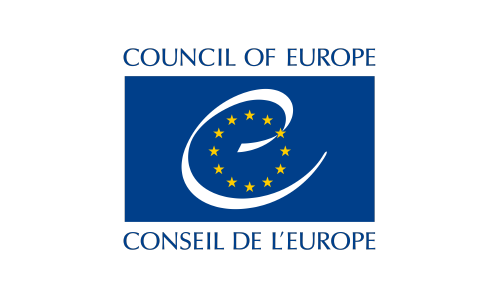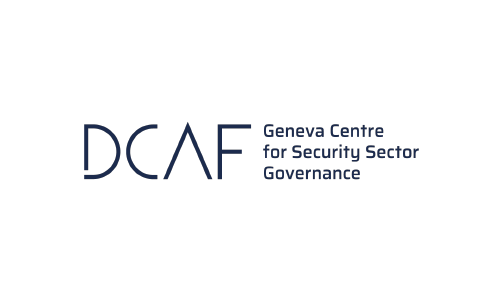2nd Edition of the Guide to developing a National Cybersecurity Strategy
ABOUT THE NCS GUIDE
The Guide was developed by more than twenty partners from Intergovernmental and International Organisations, private sector, as well as academia and civil society and included the following organisations:
Council of Europe (CoE), Commonwealth Secretariat (ComSec), Commonwealth Telecommunications Organisation (CTO), Geneva Centre for Security Sector Governance (DCAF), Deloitte, Forum of Incident Response and Security Teams (FIRST), Global Cyber Security Capacity Centre (GCSCC), Geneva Centre for Security Policy (GCSP), Global Partners Digital (GPD), International Criminal Police Organization (INTERPOL), International Telecommunication Union (ITU), Microsoft, NATO Cooperative Cyber Defence Centre of Excellence (CCDCOE), Potomac Institute for Policy Studies (PIPS), RAND Europe, World Bank, United Nations Institute for Disarmament Research (UNIDIR), United Nations Office of Counter-Terrorism (UNOCT), United Nations University (UNU). Axon Partners Group (Axon), the Cyber Readiness Institute (CRI), the Global Forum on Cyber Expertise (GFCE), the Organization of American States (OAS), and the World Economic Forum (WEF) contributed to the Guide as observers.
Partners
Observers
A Consortium of Partner Organisations Launches the 2nd Edition of the Guide to Developing a National Cybersecurity Strategy
Digital technologies can be a powerful enabler and catalyst of inclusive and sustainable socio-economic development, but only if they are safe, secure, and resilient. In order to reap the benefits and manage the challenges of digitalization, countries need to frame their digital transformation and the proliferation of ICT-enabled infrastructures and services within a comprehensive National Cybersecurity Strategy.
To support governments in this endeavour, a consortium of partner organisations from the public, private sectors, civil society and academia jointly developed and published a Guide to Developing a National Cybersecurity Strategy (NCS) in 2018. Since then, most countries have both accelerated their digital transformation and become increasingly concerned about the immediate and future threats to their critical services, infrastructures, institutions, and businesses, as well as to international peace and security that could result from cyber incidents.
The fast-changing nature of cyberspace, the increased dependency on ICTs, and the proliferation of digital risks all call for continuous improvements to national cybersecurity strategies. For this reason, the authors of the Guide have updated its content to reflect the evolving nature of cyberspace, as well as the main trends that can impact cybersecurity and should therefore be included into national strategic planning. The objective of this second edition is to instigate strategic thinking and help national cybersecurity stakeholders in the development and implementation of such national cybersecurity strategies and policies.























